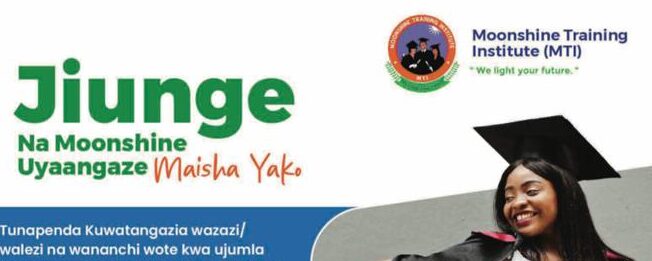
By JOHNSON KANAMUGIRE, TEA Special Correspondent
The Rwanda High Court will on April 15, 2016 decide on one of the country’s longest genocide trials.
Dr Leon Mugesera, a former university lecturer and politician who was extradited from Canada in January 2012, has been on trial for almost four years with the prosecution accusing the defence of delaying the case.
The prosecution is seeking a life sentence.
However, Dr Mugesesera kept silent all through the prosecution’s evidence in protest against the absence of his lawyer, Felix Rudakemwa in yet another court session on Wednesday. The High Court however went ahead to set the date for the ruling.
He is accused of crimes committed mainly through incendiary speeches like the one in 1992 in Kabaya, Western Province inciting genocide and ethnic division. Dr Mugesera was a linguistics lecturer at the National University of Rwanda, Nyakinama campus, in Northern Province and also a political leader in the then ruling party, MRND.
The prosecution attributed the lawyer’s absence to “delaying tactics†and obstruction of trial proceedings, alluding to a possible collusion between the accused and his lawyer.
Dr Mugesera attributed the delays in his case to the Ministry of Justice, which he blames for not providing the support he requested to have his lawyer paid.
The government claims that the trial of several key genocide suspects is proving to be too expensive as legal costs mount. According to sources, the trial of Dr Mugesera, has cost the state close to Rwf100 million ($135,887).
Dr Mugesera’s case ranks among the major genocide cases sent to the Rwandan courts for trial in the recent past that have stalled and are now marred by delays and legal complexities.
Suspects who have been transferred by the International Criminal Tribunal for Rwanda (ICTR) and others extradited from abroad, have been reluctant to foot their legal bills, insisting that the government should. The suspects also reject legal aid, making it difficult for courts to try their cases, government said.
Four of five cases including Dr Mugesera’s have been postponed several times as government spends colossal amount in litigation costs. The other cases are those of Bernard Munyagishari, Emmanuel Mbarushimana and Jean Uwinkindi who was transferred to Rwanda by the ICTR in April 2012.
However, on Thursday, the case of the Jean Bosco Uwinkindi resumed in the high court. Mr Uwinkindi again chose to remain silent citing lack of legal representation after rejecting the lawyers given to him by the Ministry of Justice.
High ligation costs
While the state has the capacity to provide indigent suspects with legal support, it has accused defence lawyers of using “delaying tactics†to earn more money.
The case against Mr Uwinkindi is estimated to have cost the government Rwf38 million ($51,637) despite the trial having not yet gone into substance.
Mr Uwinkindi’s case had by June this year cost the government over Rwf82 million ($111,428) in legal costs. The hefty bill pushed the Ministry of Justice to review contracts with lawyers and cut their pay by a half — Rwf15 million ($20,383) per case.
The government had by then spent about Rwf160 million (217,420) on Mr Uwinkindi’s previous lawyers alone.
Mr Uwinkindi’s previous lawyers quit amid disagreement on the new pay, a situation that pushed the government to get him other lawyers who would agree to work for the revised fees.
Mr Uwinkindi case has also been delayed by disagreement on the lawyers, as he insists on reinstating his previous team with costs footed by the government.
OP The East African



Recent Comments